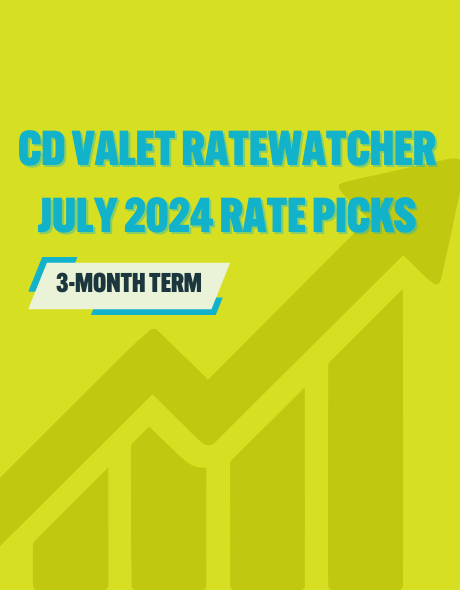No matter what time of year it is, it’s always good to remind ourselves to revisit our spending and budget habits. Whether it be the new year, we’re doing some spring cleaning, preparing for summer trips, or saving for the holidays, it’s not a bad idea to routinely review your budget throughout the year.
Here are four tips on how you can refresh and stick to better savings habits all year long.
Create a budget
First things first, to revisit a budget you must have a budget. Providing yourself with what your expected monthly income and expenses are will help ensure you’re spending within your means and have money left to save.
- Cut unnecessary expenses: While reviewing your monthly expenses, identify where you can cut back (i.e., dining out, canceling unused subscriptions, negotiating bills and gym memberships, and cutting back on extracurricular activities such as concerts or sporting events)
But just because you’re trimming the expense fat, doesn’t mean you have to cut out your social life entirely. There are always alternatives for everything, and alternatives to budgeting are no exception. Trade shopping for thrifting or swapping concerts for community events, if there’s a will there’s a low-cost way to continue enjoying the things you love even if it looks a little different.
Define your savings goals
Think about what you need to save for – emergency fund, retirement – and what you want to save for – down payment on a house, vacation. Creating specific goals around your savings will provide direction and purpose around why you’re saving.
- Contribute to traditional savings or high-yield savings accounts: Having a safe place to store your money will help you grow it over time, while giving you access at any given moment.
- Create an emergency fund: Unexpected basement flood, car repair, or trip to the ER? These are just a few of the many things an emergency fund can help you cover when you least expect it. Emergency funds should cover 3 to 6 months’ work of living expenses. It provides a safety net in case unexpected events like medical emergencies or job loss suddenly pop up.
- Earn More with a Certificate of Deposit: It’s not just for grandpa anymore. With rates as high as 6.00% APY (Annual Percentage Yield), CDs allow you to deposit money with a higher rate, keeps your principal secure while earning interest, and has options to align with your savings goals and terms while helping you reach your long-term savings goals.
- Don’t Spend All of Your Extra Cash: Don’t get us wrong, when you come across extra funds, whether it be a tax refund or bonus, who wouldn’t want to splurge on a gift for yourself? But before you do, consider putting a portion of it into savings before you start browsing for that new pair of shoes or outfit you’ve been eyeing.
- Pay yourself: We know for some it’s a habit to pay off bills first before you start spending your paycheck on non-essential items. But before doing either, try allocating a portion of your monthly income first and before you know it you’ve created a healthy long-term savings plan out of a new habit.
Eliminate debt
Do you feel like you’re earning money to pay off debt versus saving? Before you start executing your savings goal plan, get off the hamster wheel and focus on paying off high-interest debts like credit cards, to avoid throwing your savings goals off track. Here are a few tips from U.S. News and World Report to help you start chipping away at your debt:
- Depending on your budget pay off the most expensive or smallest debt first
- Pay more than the minimum balance
- Take advantage of balance transfers
- Consider debt consolidation
- Avoid returning to bad spending habits when you reach your goal
Review and adjust your budget regularly
Whether it be monthly or quarterly, this will allow you to track your progress and make any necessary adjustments based on changes in your financial situation. Always remember to be aware of what your monthly income and spending is as it may fluctuate over the year.
FAQs
Why explore CDs as part of a savings strategy?
CDs offer a secure way to grow money with competitive rates, making them a valuable component of a diversified and effective savings strategy.
How do CDs contribute to eliminating debt?
CDs with higher interest rates can be utilized to earn more, aiding in the process of paying off high-interest debts and avoiding financial pitfalls.
How can I cut unnecessary expenses without sacrificing my lifestyle?
Identify areas for cutbacks, explore low-cost alternatives, and focus on smart spending to enjoy the things you love without overspending.











